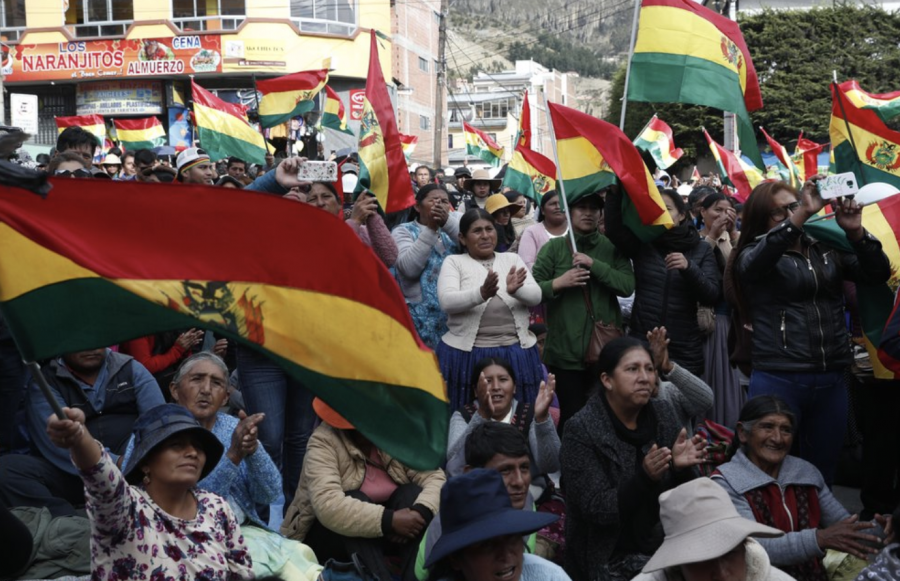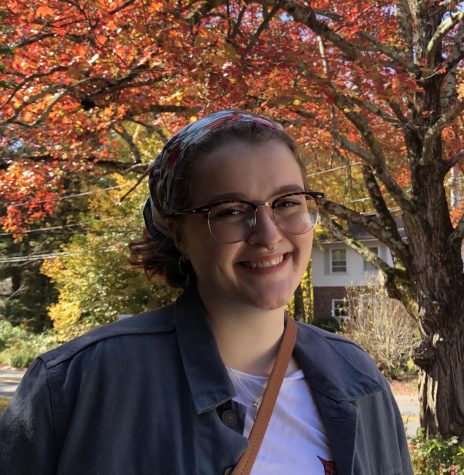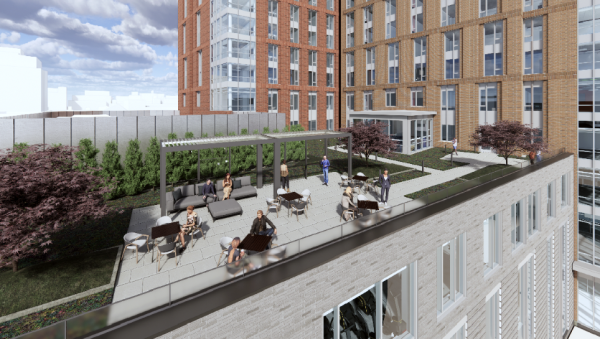Bolivia’s Elections: What You Need to Know
November 13, 2019
Evo Morales, Bolivia’s first indigenous president for nearly the past 14 years, has been ousted and forced to flee the country.
Morales, who was born in the western Oruro to a family from the Aymara indigenous group first got involved in politics as a union leader for a group of coca growers. He ran on the platform of representing Bolivia’s indigenous population, who have been marginalized for centuries.
After Bolivia’s constitutional court made the decision to get rid of presidential terms, Morales ran for re-election in October. The results of the election, however, were contested due to significant irregularities, and Morales’ political rival Carlos Mesa suggested foul play, beginning weeks of political unrest across the country.
Eventually, international election monitors determined that the results should be discarded, and Morales announced his resignation on November 10, endorsing a new election.
“We have been in the government for 13 years, nine months and 18 days thanks to the unity and will of the people,” Morales tweeted on November 10. “Today Bolivia is a free homeland, a Bolivia with inclusion, dignity, sovereignty, and economic strength.”
Reportedly fearing for his life, Morales is currently seeking asylum in Mexico.
Jeanine Áñez, deputy head of the Senate, has declared herself interim president according to Bolivian laws of succession despite a boycott of the process from Morales’ party.
The conflict in Bolivia has sparked worldwide discussion and protest about indigenous sovereignty throughout the world, but especially in Central and South America. Colonization has and continues to strip indigenous people of their rights in their homeland, and Bolivia’s election seemed to underscore that.









